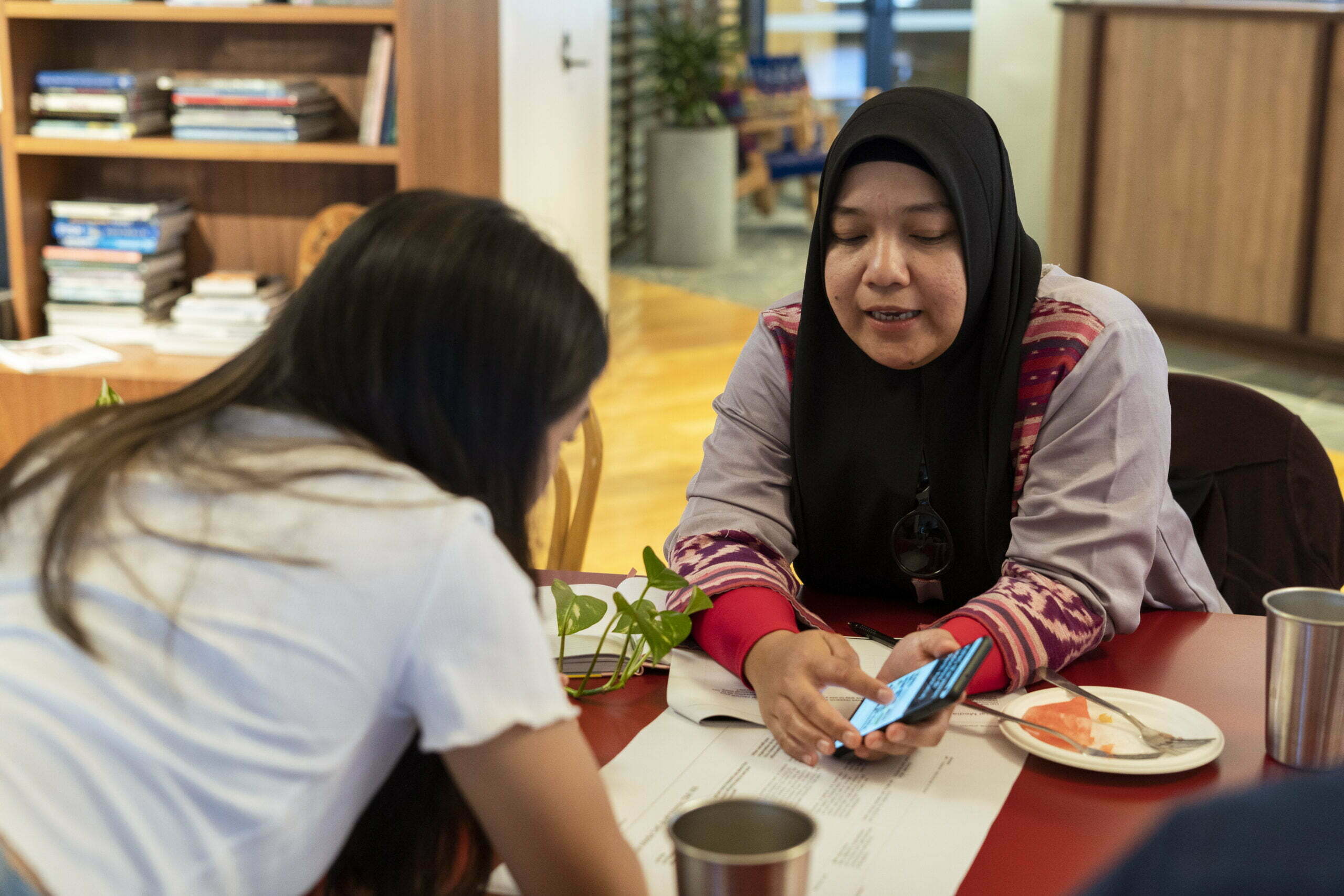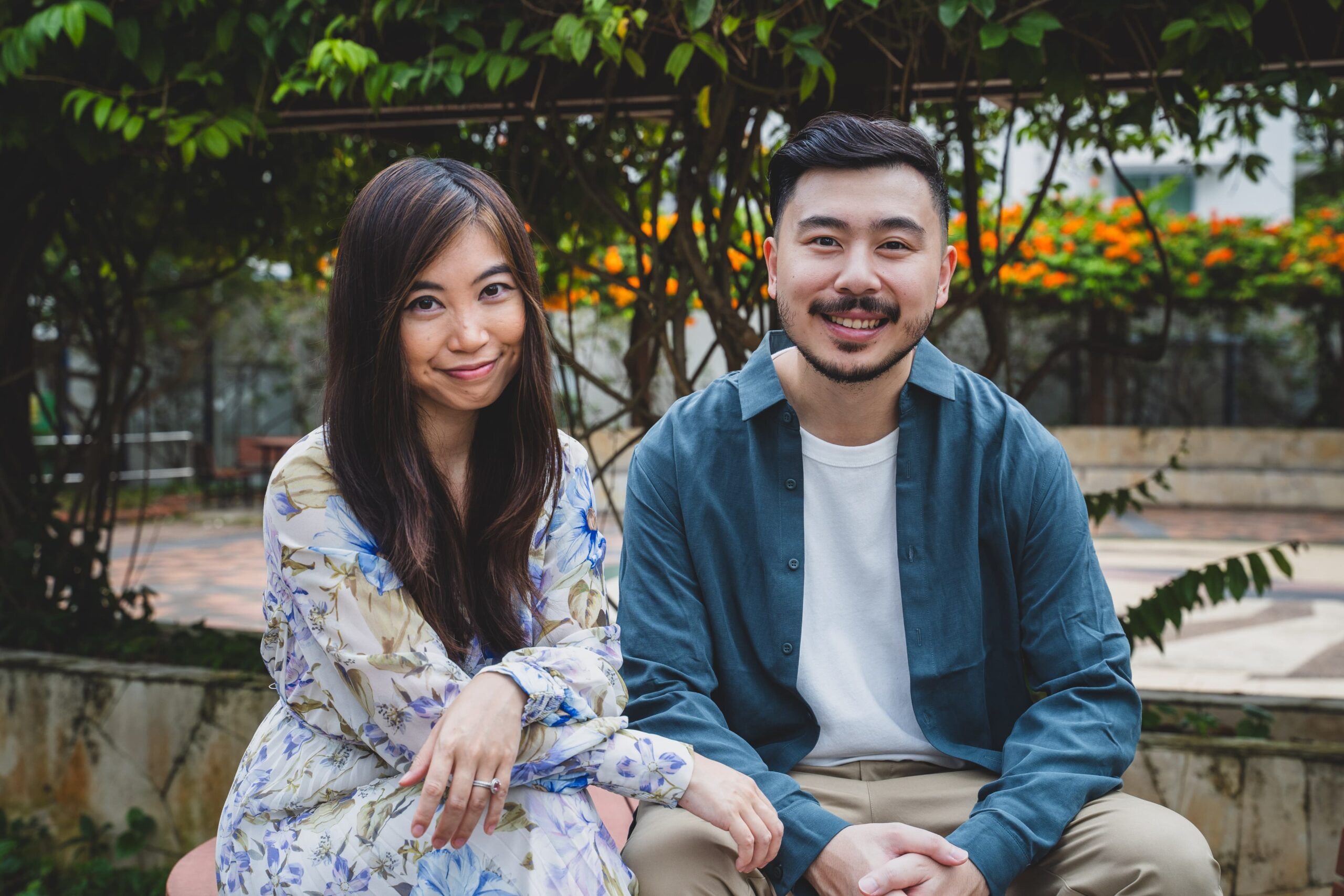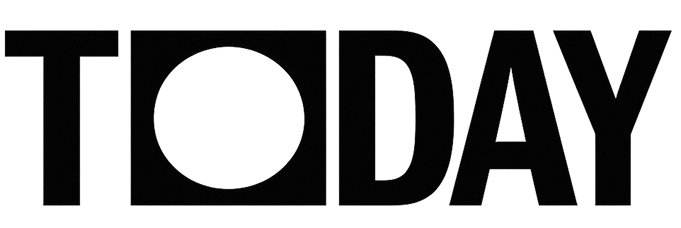- This op-ed was originally published on Third Sector Australia for the inaugural International Day for Countering Hate Speech in 2022.
How often have you been pulled into a conversation about something like “cancel culture,” “political correctness gone mad” or “the perils of cultural Marxism”? How frustrating is it to engage in “difficult conversations” that are rife with disinformation and fake news masquerading as facts and opinions to back up profoundly hateful views?
Our political and social path is directed by communications – and by the increasingly nuanced art of ‘spin,’ or media manipulation. In our era, those using hate speech to get their way duck behind a human shield of human rights. And it is costing lives. While it may not always be a strictly causative relationship, from genocides in Rwanda and Bosnia-Herzegovina to anti-Asian attacks closer to home, hate speech is almost always a necessary ingredient in any molotov cocktail of hate-driven violence. Research has shown us this time and time again.
Yet debate still rages about what the best response is, or how free any speech truly is (or ought to be) despite these very real dangers.
In the advent of the inaugural International Day to Counter Hate Speech, we need to avoid gaslighting ourselves into thinking that hate speech should enjoy unfettered protection under freedom of opinion and expression rights. Threading the needle of the free discourse essential to democracy while stopping hate is tricky. Sadly, defaulting to tolerating hateful discourse is tempting when the appropriate response to hate speech we see, hear or read isn’t clear. But this path of least resistance, paved with wilful ignorance, can lead to conflict, bloodshed, and reverberating generational trauma.
So we can’t give up: pushing back on hate speech is essential to a democratic, inclusive future. Journey with us and anchor yourself in a few fundamentals before your next debate in the constellation of issues that revolve around free speech and hate speech.
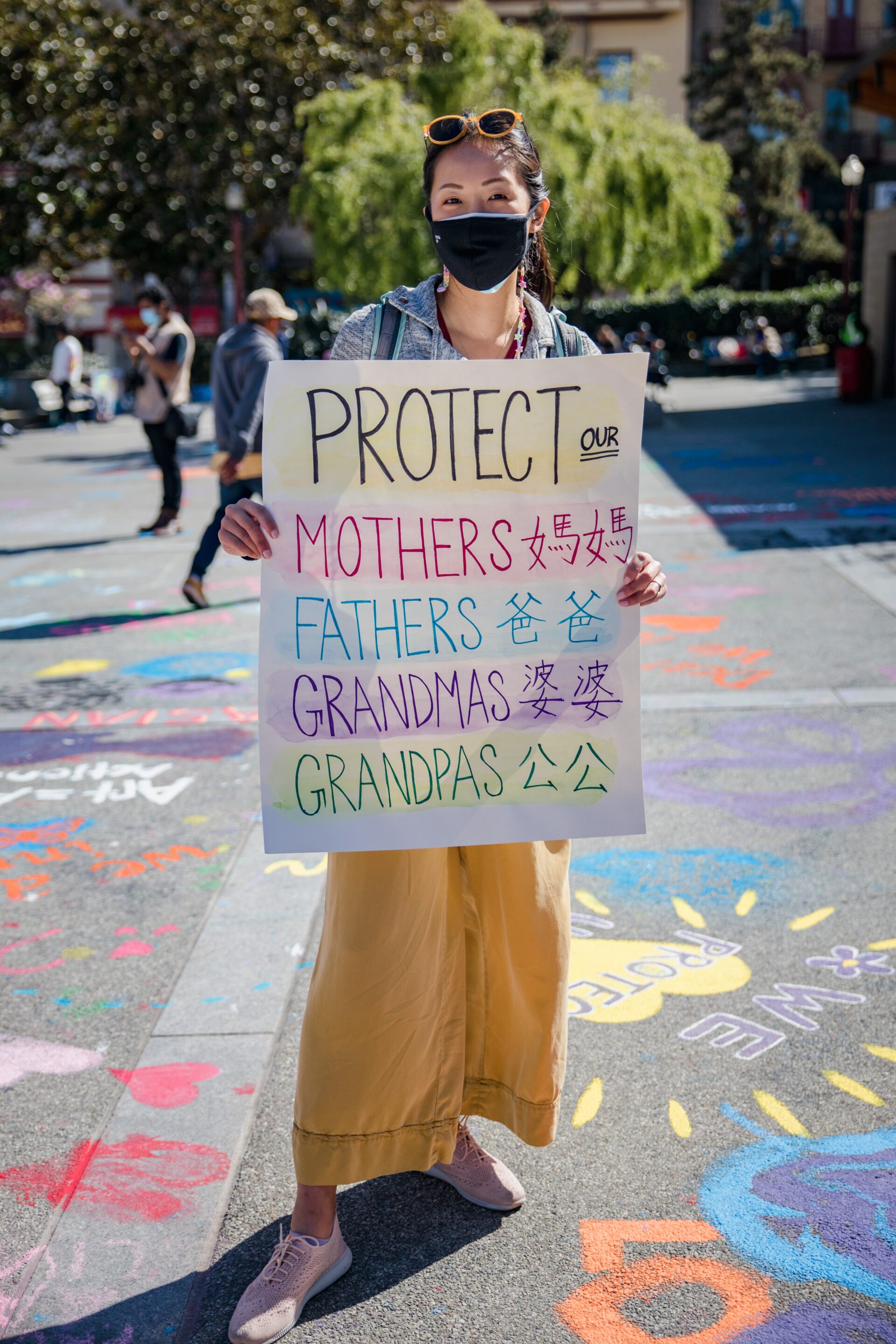
(01) Public hate is different to private hate
Hate – the genuine kind, that is – is an intensely negative appraisal of a person or group of people, without regard to the reason for that hatred. It is in the same family as, but still different to, anger, which is aimed at things and objects that get in our way. Uncomfortable as it is to admit to ourselves, hatred is indeed an entirely natural and sometimes necessary emotion for us to propel us away from imminent danger and maintain a safe distance from further harm.
In the human rights sense though, hate typically is linked to a negative, dehumanising appraisal of someone based on an identity attribute they possess. That generally means something completely unchangeable, or changeable only by the person themselves. From race to religion, immigration status, sexual orientation, or gender identity, identity-based hatred and persecution are targeted attacks. Think of it this way: hate speech attributes a perceived issue to people’s inherent attributes, instead of their actions (which is more anger) or even their character (which is more like contempt).
Contrary to what some free speech pundits would have you believe – it is indeed free to feel hatred. And for any reason whatsoever. But actually expressing that hatred, particularly when it is based on aspects so deeply personal, is what becomes very costly. Studies show us that public hate speech towards a particular group makes widespread negative perceptions of that group more common and real world violence against them significantly more likely.
(02) Hate speech, unlike free speech, only leaves room for violence
Speech is what takes hatred to the public sphere, and hence, into the domain of human rights and responsibilities. As a subset of our many forms of communications speech refers to how we use images, words (written and spoken) and symbols to express our feelings, ideas, opinions and thoughts to the people (and world) around us.
It’s easy to forget that human rights and responsibilities are meant to be an aspirational, but practical, benchmark for how people treat each other; a codification of the social contract. If they end up promoting friendship between folks – great! At the very least, if they function to keep the worst types of behaviours and influences in check that dissolve bonds between people, then that is a noble goal.
But hate, expressed as speech, is one of the most corrosive elements to those social bonds because of not just the obvious offence and harm it causes, but because of what it implies. It lets us, and our leaders, dodge responsibility for our words, and what they might incite. When widespread, and especially if parroted by influencers, it shifts the norms around unspoken biases and makes bigoted or disciminatory actions acceptable. From that shift, hateful speech can give rise to violence, especially when used by elites or leaders to target specific communities.
Hate speech turns people, based on who they are, into objects or less-than-human entities to be ridiculed. Prodded. Scorned. Forcefully moved. Destroyed.
We call this ‘othering’ in our work, and it can have disasterous consequences: from sexual violence, to mass murders and attrocities. Human beings with shared attributes aren’t homogenous. And attributes alone cannot be blamed for anything without the lived experiences and exercise of agency of the person underneath.
Phrenology tried to do this. Race science tried to do this. And both have been thoroughly debunked. Logically speaking, the cornerstones of much hate speech have crumbled. Yet extremist, hateful views are becoming hybridised and mainstreamed across the world.
It is no wonder then that social media companies, governments and academics alike spend a lot of time trying to figure out what “hate” really means in the public sphere. One only need look at the recent devastating mass shootings in the U.S. to see why.
But it is time to stop kidding ourselves. Hate speech is intolerable, and understanding why is the first step in any efforts to transform it. Which leads us to a final point:
(03) You have the best chance of helping those closest to you
If you hear those close to you – friends, family, loved ones – piping up with hate, don’t shy away from having a difficult conversation with them. Like addiction, stigmatised public health issues like obesity, or gang violence, gently engaging and nudging those closest to you to reconsider, empathise, and critically assess their behaviours is one of the best ways to have an impact. You can even practise beforehand with resources from the UN, SPLC, academics, or other reliable sources. The responsibility to stop hate lies with all of us.

Continuing the conversation
On International Day for Countering Hate Speech this year, Kosta Lucas also hosted a conversation with Galen Lamphere-Englund on Undesign, a podcast on untangling complex social challenges, to discuss how we can harness video game communities for good rather than radicalisation. The episode is now available on all podcast platforms, such as Spotify and Apple Podcasts.
About Kosta Lucas
Kosta Lucas is a researcher, practitioner and writer in the field of preventing and countering violent extremism in Australia and abroad. He is the Head of Community Practice at DrawHistory, a design and strategy agency for social impact initiatives where he leads their social research division and hosts Undesign, their podcast. To date, Kosta has amassed over 10 years of experience in policy, research, community service and private industry roles. Kosta is also a member of the inaugural Independent Advisory Committee for the Global Internet Counter-Terrorism Forum, where he is currently one of the sole Australian civil society representatives advising on how social media companies can manage extremist use of their platforms.
About Galen Lamphere-Englund
Galen Lamphere-Englund is a senior research and management consultant at the nexus of violent extremism, conflict, and tech issues. For over a decade, he has examined how various forms of radicalization can lead to violence and how to foster resilience to societal divides. Galen has led global research for humanitarian and development NGOs, United Nations agencies, governments, think tanks, and many of the largest tech platforms. He currently convenes the Extremism and Gaming Research Network, serves as a Preventing & Countering Violent Extremism (P/CVE) advisor to a range of clients, and is an Associate Fellow at the Royal United Services Institute (RUSI).






